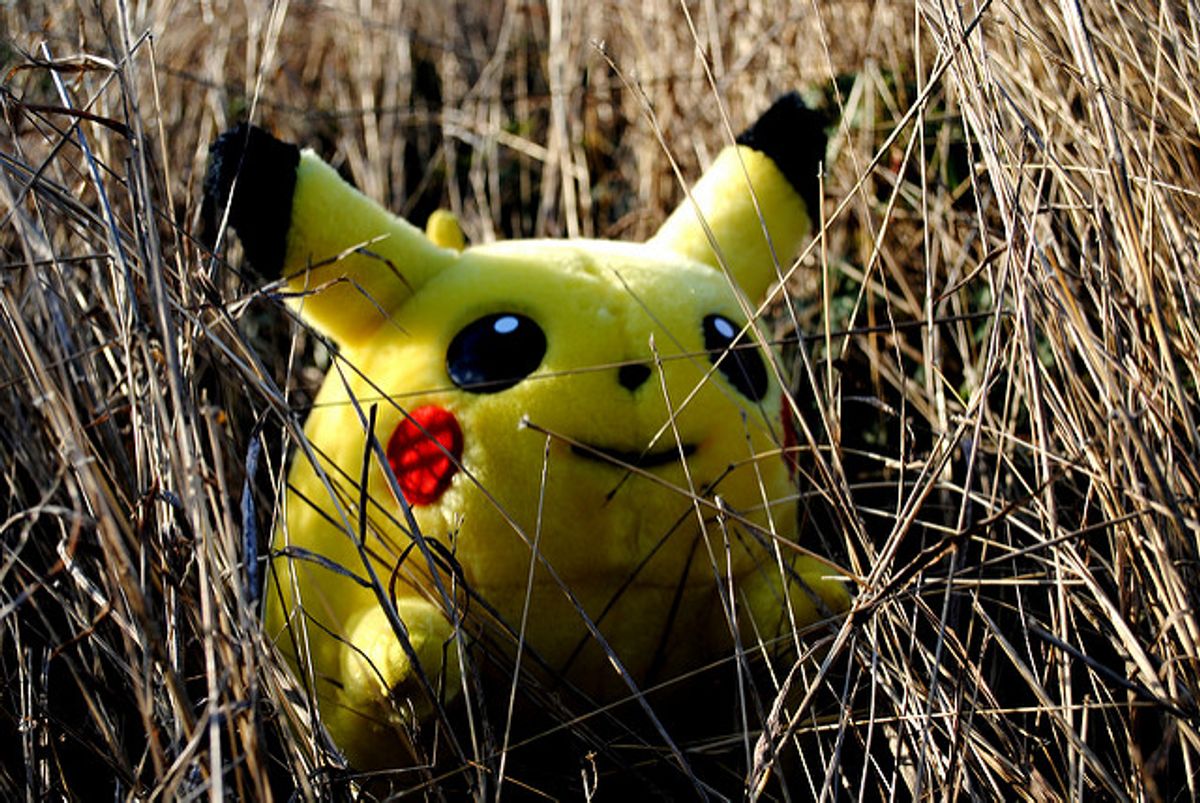Pokémon GO took the United States by storm in July 2016, and swept into the public consciousness on a wave of stories about enthusiastic users falling off (real) cliffs and finding (real) dead bodies while searching for virtual characters in the augmented reality game.
A few critics have expressed concerns over the game app, which asks for extensive permissions (which Niantic, Inc. said was "a mistake" that it intends to fix), and, more recently, a restrictive forced arbitration clause in its Terms of Service, which few players likely read in their eagerness to dive straight into the game:
ARBITRATION NOTICE: EXCEPT IF YOU OPT OUT AND EXCEPT FOR CERTAIN TYPES OF DISPUTES DESCRIBED IN THE “AGREEMENT TO ARBITRATE” SECTION BELOW, YOU AGREE THAT DISPUTES BETWEEN YOU AND NIANTIC WILL BE RESOLVED BY BINDING, INDIVIDUAL ARBITRATION, AND YOU ARE WAIVING YOUR RIGHT TO A TRIAL BY JURY OR TO PARTICIPATE AS A PLAINTIFF OR CLASS MEMBER IN ANY PURPORTED CLASS ACTION OR REPRESENTATIVE PROCEEDING.
Consumerist.com detailed what the language in the Terms of Service means, if users don't opt out:
Each user must mount their own case, even if all of the plaintiff users were wronged in the same exact way by the company.
So, imagine if there’s a huge data breach that results in the leaking of personal information for millions of Go users. Rather than have to answer for the totality of the error, the company would only have to face those few users who take the time — and have the resources — to bring a case before an arbitrator.
Even though those few users may bring identical cases to arbitration, there is always the chance that the arbitrator could rule differently in each instance. And if that arbitrator makes a mistake that would have changed the outcome, the Supreme Court has previously ruled that you’d have no recourse through the legal system.
In order to opt out, Pokémon GO players have a 30-day window from the time they begin playing to send an e-mail or a letter to Niantic clearly stating that they wish to do so:
Without limiting the preceding sentence, you will also have the right to litigate any other Dispute if you provide Niantic with written notice of your desire to do so by email or regular mail at termsofservice@nianticlabs.com or 2 Bryant St., Ste. 220, San Francisco, CA 94105 within thirty (30) days following the date you first accept these Terms (such notice, an “Arbitration Opt-out Notice”). If you don’t provide Niantic with an Arbitration Opt-out Notice within the thirty (30) day period, you will be deemed to have knowingly and intentionally waived your right to litigate any Dispute except as expressly set forth in clauses (a) and (b) above.
